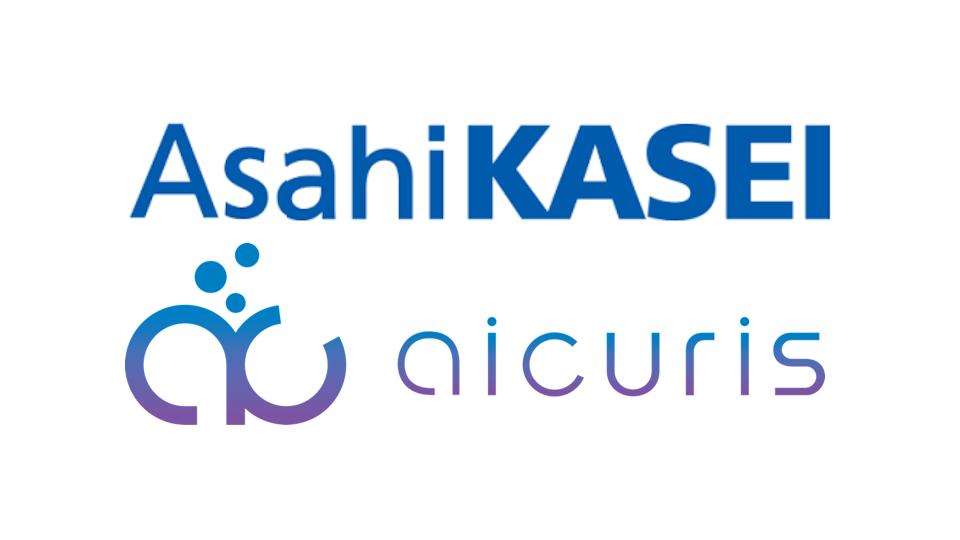A year of major M&A ahead?

The previous few years have seen a slowdown in M&A across the industry, as companies take a cautious approach to expansion. Ben Hargreaves outlines how 2023 ended in a flurry of acquisitions, and how conditions could be set to see this continue throughout 2024.
In recent years, the pharma industry has trodden carefully in terms of capital expenditure, with the number of merger and acquisition deals falling as a result. The arrival of COVID-19 saw deal-making become less frequent, as focus was placed on building cash reserves and taking a lower-risk approach. This more cautious strategy to capital spend means that, as 2024 unfolds, with an emerging economic climate more favourable to taking risk, there could be a return to higher expenditure using the war chests built up over this period.
For the companies that managed to deliver COVID-19 treatments and vaccines, this kind of activity has already begun. Pfizer recently closed its $43 billion acquisition of Seagen, completed through the enormous sales brought in by its COVID-19 products. Likewise, Merck managed a $10.8 billion deal for Prometheus Biosciences, having also accrued a war chest through COVID-19 sales. With interest rates in the US expected to be lowered during the course of 2024, and with cash saved up during the pandemic, there is an expectation that 2024 could be marked by greater levels of activity in M&A.
Early signs
The indications that 2024 might be a stronger year for M&A arrived towards the end of 2023, when the pace and scale of deals began to pick up. Three big pharma companies alone accounted for a fair share of this activity, with AbbVie, Bristol Myers Squibb, and AstraZeneca all announcing multiple billion-dollar acquisitions at the very end of the year.
The largest of these was BMS’ $14 billion deal for Karuna Therapeutics, which adds the latter company’s KarXT drug candidate to the former company’s portfolio – the drug candidate is currently being assessed by the FDA for approval to treat schizophrenia. Only a few days later, BMS also announced that it had signed a $4.1 billion deal for RayzeBio, a cancer drug developer.
Similarly, AbbVie and AstraZeneca also concluded two deals at the tail end of the year, with AbbVie spending almost $20 billion to expand its pipeline. The first deal for AbbVie was a $10.1 billion deal for ImmunoGen and its already commercialised ovarian cancer drug, Elahere (mirvetuximab soravtansine). Just over a week later, the company also offered $8.7 billion to buy out Cereval Therapeutics and its pipeline of central nervous system treatments. Though smaller in scale, AZ sealed two deals worth a little over $1 billion each to broaden its pipeline in respiratory diseases and oncology.
A bumper year ahead?
Between the three companies, this saw approximately $40 billion in value added to deal activity during 2023. Before these events, PwC released an overview where it outlined that it was already expecting a ‘reasonably strong year’ in line with the spending seen in 2023. The company stated that it would expect spending between $225 billion and $275 billion across all subsectors. PwC released figures showing that deal values in 2023 had reached $237.6 billion at the time of publication, representing a 50% increase in deal value against 2022. The volume of deals had largely stayed the same against 2022 figures, with 268 deals taking place - only 4% higher than 2022.
In looking ahead to 2024, Roel van den Akker, US Pharmaceutical and Life Sciences deals leader at PwC, was quoted as saying, “We expect 2024 to be an active year for M&A where creativity will be imperative. Medium-term growth challenges remain for much of the sector and clinically differentiated science will continue to draw the attention of dealmakers.”
In terms of the types of deals likely to be sealed in 2024, PwC outlines that there will be a continued interest in mid-size deals, of between $5 billion and $15 billion, to target strategic gaps in companies’ pipelines and portfolios. However, the authors noted that, as regulators’ perspective on larger deals becomes better understood, there may be a return to larger-scale deals.
The regulators’ influence on acquisitions was seen with the lengthy process that took place to vet Pfizer’s agreement with Seagen, which was eventually given the go-ahead. However, Sanofi’s far smaller deal to snap up Maze Therapeutics was effectively shut down by the Federal Trade Commission (FTC), after it sued to block the takeover – the action caused Sanofi to abandon the deal. Prior to this, there was the much larger scale Amgen-Horizon Therapeutics agreement, worth $26 billion, which was initially blocked and then completed after the FTC suspended its action.
Drivers of M&A in 2024
According to PwC, there are three main drivers for M&A activity set to take place in 2024: capital allocation; opportunity amid uncertainty; and necessity for business reinvention. The report outlines that the bigger pharma companies will likely focus on acquiring assets that align with their existing strengths, meaning allocating capital into therapeutic areas where they already have a significant presence. The second factor, opportunity amid uncertainty, relates to having the capital set aside to move quickly to acquire any companies or assets that become available, amid a persistently difficult fundraising environment.
Lastly, the necessity for business reinvention refers to strategic manoeuvres that could significantly change a company’s portfolio, such as by buying into new, innovative therapeutic areas, or equally divesting assets to focus the capital into core business areas. One of the pushes behind a larger-scale acquisition could be patent expirations, of which there are a number of large companies that will soon be exposed. The inevitable drop off in sales, such as those that hit AbbVie’s Humira (adalimumab), requires companies to find an alternative source of revenue to replace dwindling sales once competitors hit the markets.
This is the scenario facing BMS (Revlimid, Eliquis, Opdivo), Merck (Keytruda, Januvia), Pfizer (Ibrance, Eliquis), and others across the industry. It is no surprise that these are the companies that are currently being the most active in larger scale acquisitions as we move into 2024. The year had only just begun when Merck announced that it would acquire Harpoon Therapeutics for $680 million. With other big pharma companies also in need of refreshing their pipelines, and with many sat on cash reserves, the chances are that this could be the first acquisition of many to follow during 2024.













